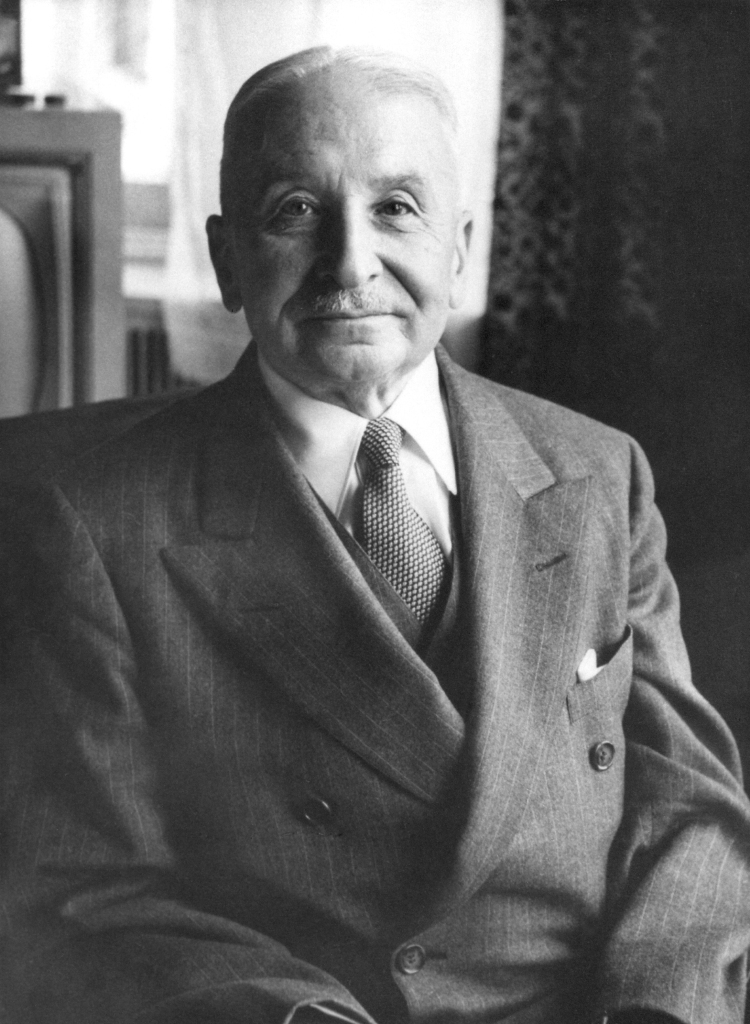The recurring socialism/fascism cycle — Mises observation
A reminder of this prescient remark from Mises’ Liberalism — a book published in 1927: “Fascism can triumph today because universal indignation at infamies committed by the socialist and communists has obtained for it the sympathies of wide circles. But when the fresh impression of the crimes of the Bolsheviks has paled, the socialist program […]
The recurring socialism/fascism cycle — Mises observation Read More »



